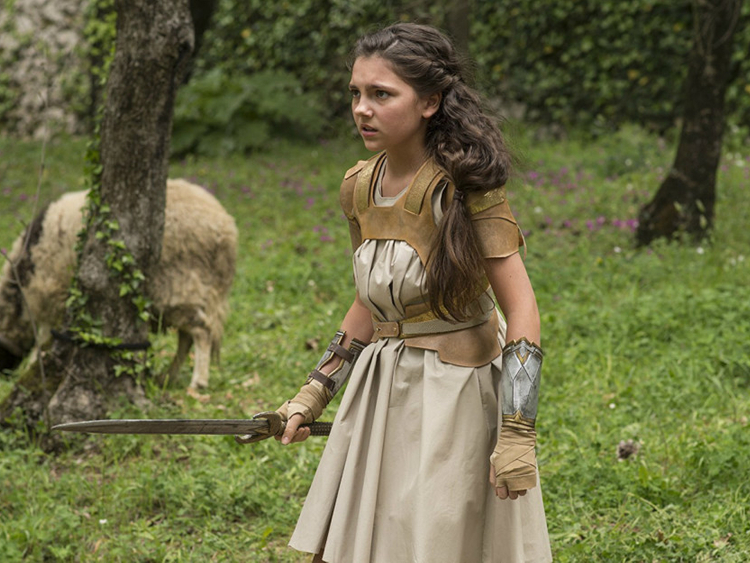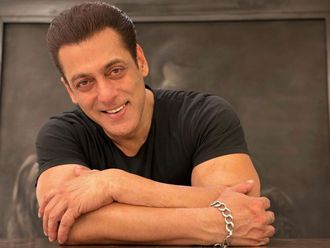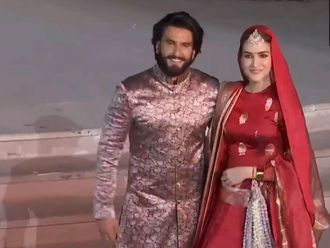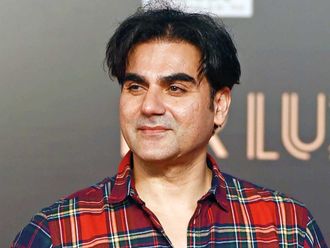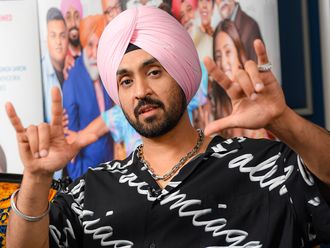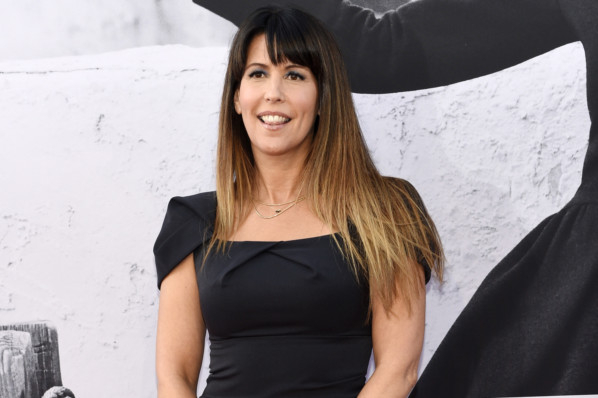
Patty Jenkins is the future of DC Entertainment’s live-action cinematic universe — and not because she’ll now be a Kevin Feige-like deity who will overlook all films and make sure they fit together perfectly. Jenkins will now lead DC movies into a new frontier of movie making.
That still would have been the case had Warner Bros/DC done the right thing and signed Jenkins to a multi-film deal in the first place. But let’s consider Jenkins’ well-deserved raise as a tax on the ghosts of movies past. Batman v Superman: Dawn of Justice and Suicide Squad made their money, but the critical reception was average at best and, in many cases, negative. Post-Christopher Nolan, WB/DC hadn’t figured out how to make a superhero movie “just right” before Wonder Woman — despite having some of the most iconic characters in comics.
So you can’t fault the companies for playing it safe with Jenkins and waiting to see how her film did at the box office. They paid a heavy price for stalling (reports say Jenkins could earn between $7 and $9 million [Dh25.7 and Dh33 million] for a Wonder Woman sequel), but you can’t put a price on fans believing in your brand again.
Jenkins will lead WB/DC into a future where story comes first, not multi-movie connectivity. Yes, the potential of Justice League movies is exciting, but every single DC film doesn’t have to be a two-hour commercial for the super-team’s gathering. Wonder Woman taking place in the past — far away from Batman, Superman, Doomsday and horrible Daily Planet story-budget meetings (why is Clark Kent going from the city beat to covering football?) — was the best thing that could have happened to DC. It showed that singular stories and a strong supporting cast are more important than movie-universe building.
Jenkins also showed the power of having DC Entertainment president Geoff Johns, formerly one of DC Comics’ top comic-book writers who now spends most of his time on the movies, at her side. As the new president, Wonder Woman was the first DCEU movie where Johns could provide his superhero storytelling skills in a more authoritative way. Johns’s magic can be seen not just with magic lassos and bullet-deflecting bracelets, but also in some of Wonder Woman’s most human moments, like the first time Diana discovered ice cream, a moment taken out of one of Johns’ Justice League comics. With his new position, Johns is now a powerful tool that all future DC movie directors will have.
It also wouldn’t be surprising if the current Joss Whedon re-polishing being given to director Zack Snyder’s Justice League (arriving in November) is an effort to make sure the DC team up captures some of the Wonder Woman magic.
One successful superhero movie franchise does not make a top-notch comic-book movie universe. WB/DC likely hopes that Wonder Woman is the beginning of an era of profitable movies and critical acclaim. But if they can continue that film’s momentum with heroes like Aquaman, the Flash and Batman (whether that be Ben Affleck or someone else), there will be no denying that Jenkins showed them the way.




